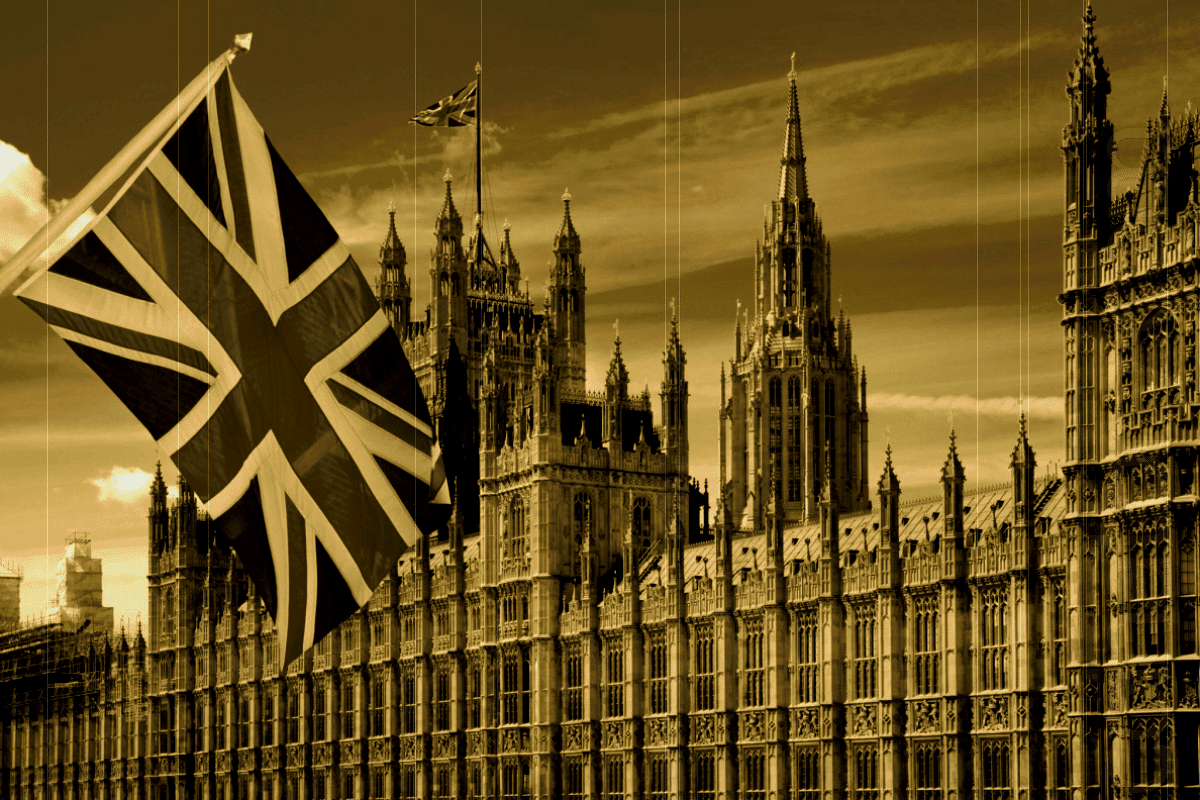
The United Kingdom is moving to clarify the legal standing of cryptocurrencies under a new bill presented to Parliament. This legislation seeks to formally recognize digital assets, such as cryptocurrencies, non-fungible tokens (NFTs), and tokenized real-world assets, as personal property under English law.
The proposal introduces a new legal category called “things in possession,” designed to safeguard owners of blockchain-powered assets from fraud and theft. In a statement on September 11, Justice Minister Heidi Alexander highlighted the bill’s aim to provide legal protections for both individual holders and institutions, ensuring a clearer framework for resolving ownership disputes, including those arising in divorce proceedings.
This Property Bill represents one of the initial steps taken by Prime Minister Keir Starmer’s Labour government to regulate the burgeoning cryptocurrency sector. The initiative follows the recommendations of a Law Commission report published in February, which advocated for the inclusion of digital assets like Bitcoin (BTC) under the country’s property laws. The move aligns with former Prime Minister Rishi Sunak’s vision of positioning the U.K. as a global hub for crypto innovation.
However, as regulatory efforts advance, many crypto firms continue to face challenges in meeting the stringent requirements set by the Financial Conduct Authority (FCA). According to the FCA’s annual report, 90% of digital asset applicants failed to meet the necessary standards, with only four out of 35 entities successfully qualifying for registration.







